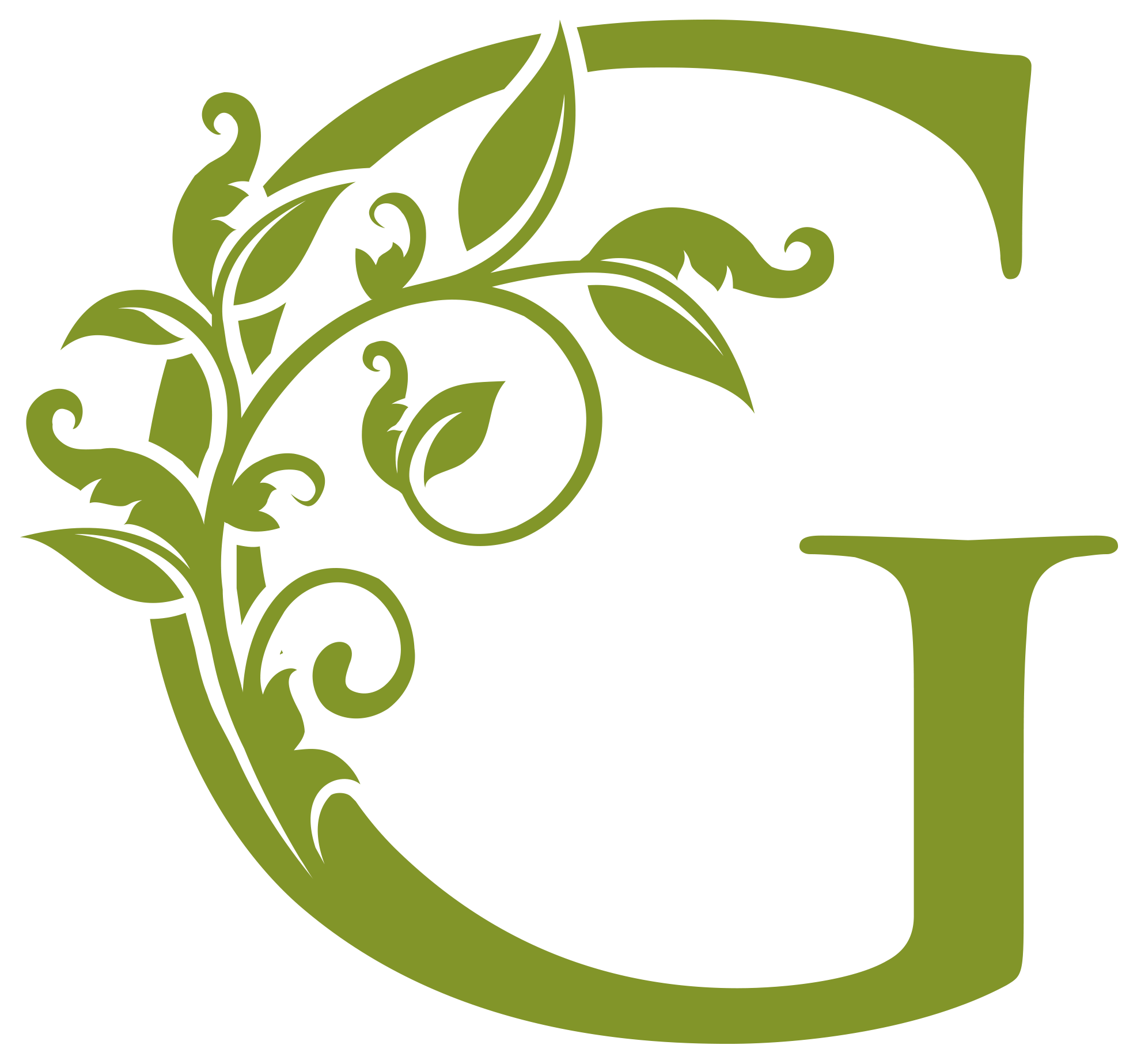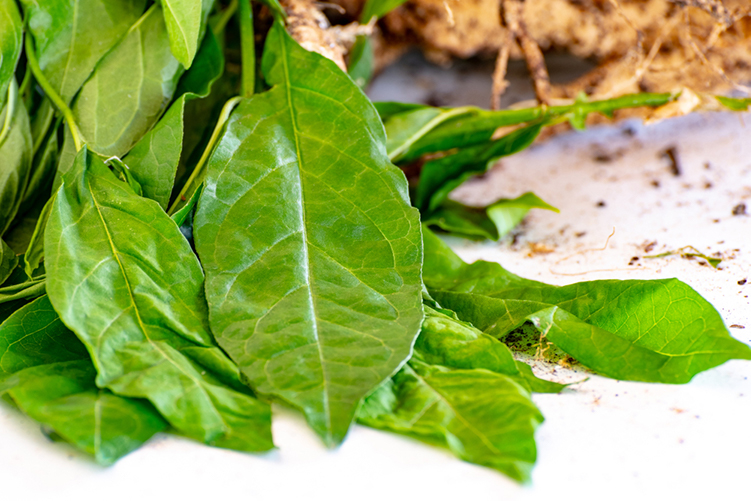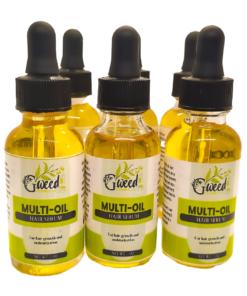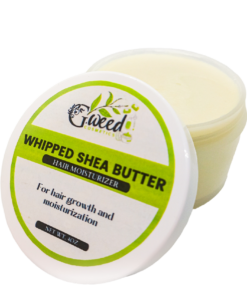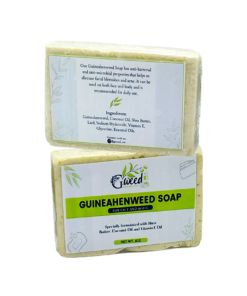In Jamaica, guinea hen weed (GHW) has several names: guinea hen leaf, garlic weed or gully root, but in other countries it is called Anamu. This herb is indigenous to the Amazon rainforest and the tropical areas of the Caribbean, Central and South America and Africa. Its botanical name is Petiveria alliacea.
Traditional medicinal uses of GHW date back to the Mayan era in South America. Many conditions were treated, including rheumatism, cancer, nervous spasms, paralysis, hysteria, asthma, whooping cough, colds, influenza, pneumonia, bronchitis, fevers, headaches, cystitis, venereal diseases, menstrual complaints and colic, by using the plant internally.
External applications were used to treat earaches, fever and headaches. The roots were used to treat toothaches, and crushed leaves applied to the belly to induce labor. Nose drops were instilled to treat sinusitis, and crushed leaves were applied to abscesses and used for muscular pain and skin diseases.
Modern herbalists and natural health practitioners now use it for several disorders, including arthritis, digestive disease, infections, diabetes, cancer, pain relief, nervous disorders, prostate problems, and even to induce abortions.
In recent times, modern science has studied GHW intensively and many biologically active compounds have been discovered in the plant: flavonoids, triterpenes, steroids, and sulfur compounds. The published research on GHW now validates many of the historical uses of this herb.
GHW destroys cancer
Published studies on Petiveria alliacea indicate that the plant has a wide range of anti-cancer, anti-leukemic, anti-tumor properties against several types of cancer cells, including liver, brain, breast and prostate. Of over 1,400, plant extracts studied at the University of Illinois at Chicago, for the prevention and treatment of cancer, GHW was one of only 34 plants identified with specific anti-cancer properties.
So how does GHW work against cancer? Several naturally occurring chemicals in the herb, like astilbin and dibenzyl trisulphide, have been shown to directly kill cancer cells. Researchers further demonstrated that these compounds in GHW were able to differentiate between normal cells and cancer cells and killed only the cancerous cells. In addition, other substances in the herb stimulate the body’s natural defenses as described below.
GHW strengthens the immune system
It stimulates the immune system to increase its production of lymphocytes and natural killer cells – powerful disease-destroying cells. At the same time, it increases the production of interferon and interleukins – substances naturally produced by the immune system for fighting cancers and infections.
GHW kills germs
It demonstrates broad-spectrum antimicrobial properties against numerous bacteria, viruses, fungi and yeast. Compounds in GHW directly kill and/or inhibits the growth of these germs. It is of interest that many alternative medicine practitioners believe that infection plays a major role in several cancers. GHW is widely used in folk medicine for treating various infections.
GHW relieves pain
Its traditional use as a remedy for arthritis and rheumatism has been validated by clinical research that confirms its pain-relieving and anti-inflammatory effect. Researchers in Sweden demonstrated that its analgesic effects are similar to that of a popular group of newer and expensive arthritis drugs called COX-1 inhibitors. GHW extracts relieve pain and inflammation, both when taken internally as well as when applied topically to the skin or mucus membranes.
GHW lowers blood sugar
While GHW has not been widely researched for diabetes, it definitely lowers blood sugar levels by more than 60% in laboratory animals. This is reflected in herbal medical practice in Cuba, where GHW has been used as an aid for diabetes for many years (DR.Vendryes, 2018)
Bibliography
DR.Vendryes. (2018, July 10). An Ounce of Prevention / Guineahenweed a Valuable Herb. The Gleaner .
